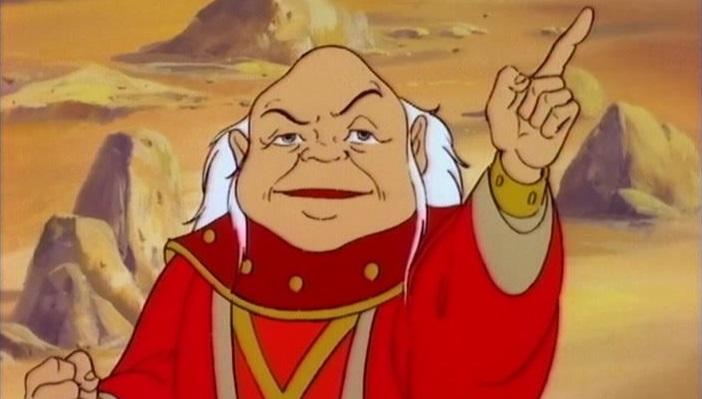I haven't been paying attention to the playtest surveys, or the results and reactions to them, very much. However, while I know a lot of people think it's great that WotC is taking feedback into account, I worry that they're giving the survey results too much weight.
Leaving aside issues with
self-selection bias, players and DMs aren't game designers. Insofar as I'm aware, they don't (and shouldn't be expected to) approach potential changes from the standpoint of "does this make the game better overall?" While it's easy to conflate "better" with "fun," the two are (in this context) a Venn diagram rather than perfect synonyms.
History tells us this. Spellcasters had a lot of restrictions that people didn't like in AD&D 1E and 2E. When D&D 3rd Edition got rid of those restrictions, we got complaints about "martial-caster disparity" and "linear fighters, quadratic wizards." WotC gave people what they wanted, and in the process created problems that the community didn't anticipate. Based on the (admittedly very little) I've heard, there's at least some real fears that history is repeating itself (specifically, the example I heard was that the sorcerer's twin spell change didn't meet the 70% approval threshold. Why? Because it was nerfed).
It's good that WotC is listening to their customer base (though, again, who answers the survey is an issue unto itself), but I'm always struck by how one of the earliest contexts in which the saying
vox populi, vox Dei was used was as a warning against letting popular opinion alone dictate a course of action.
Hopefully WotC is taking their survey results with a hefty grain of salt...but based on what I'm hearing, that's not their stance, and that worries me.

